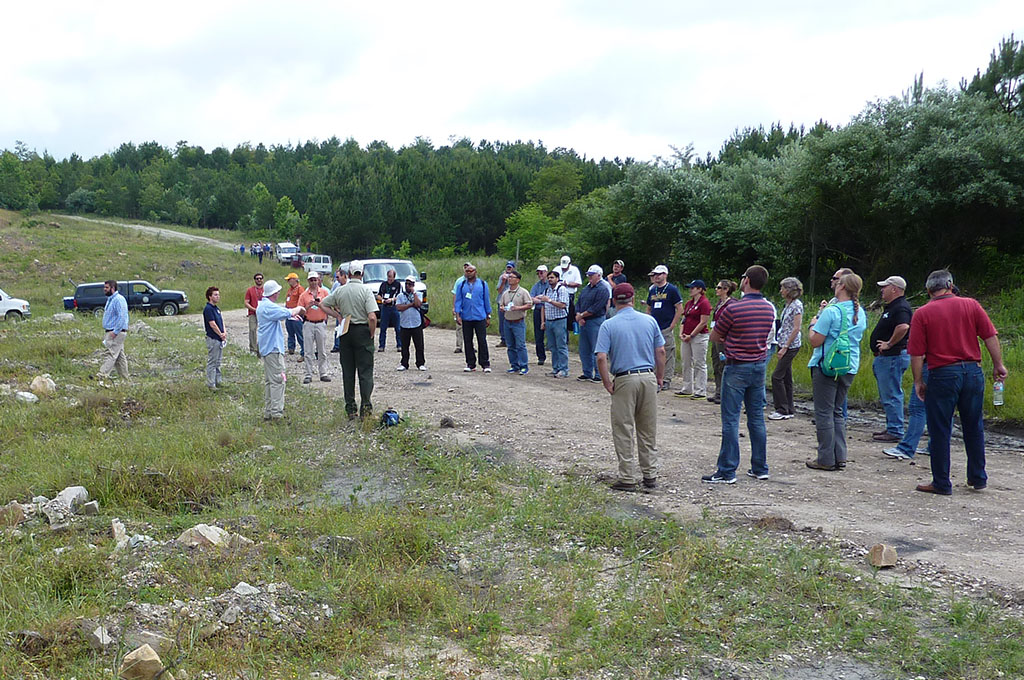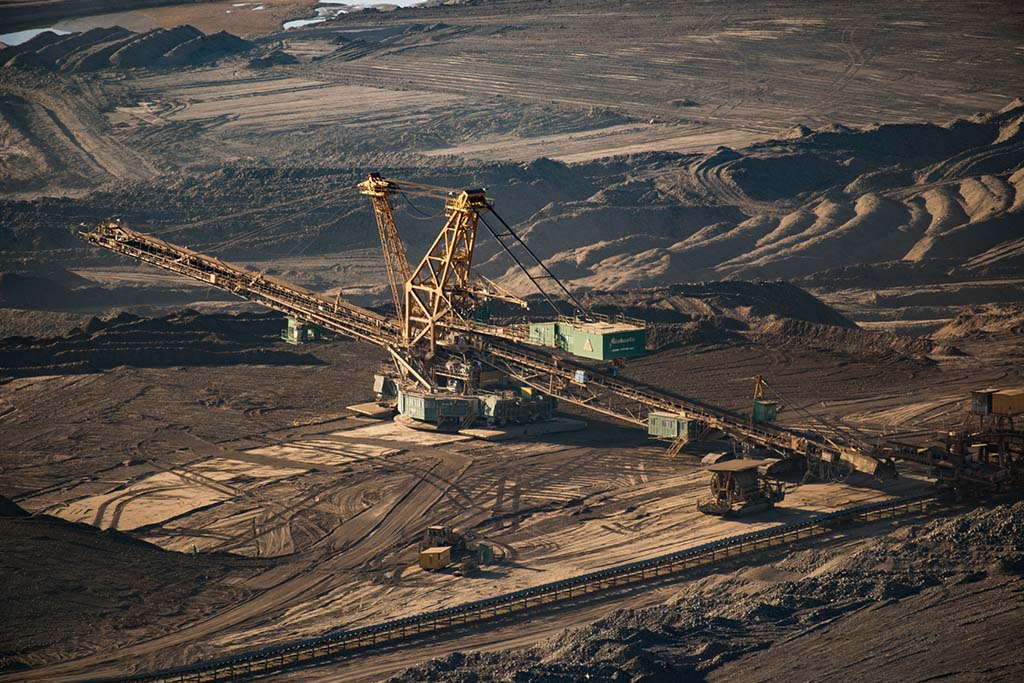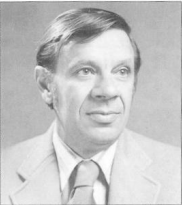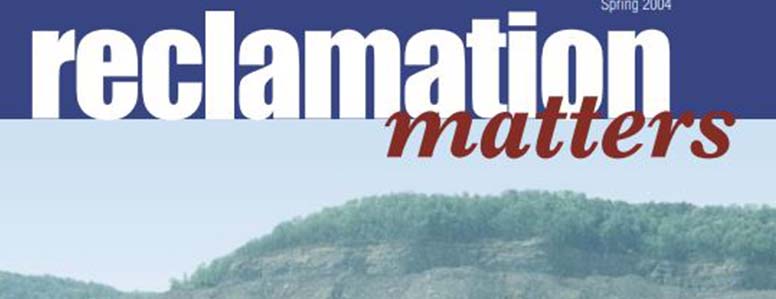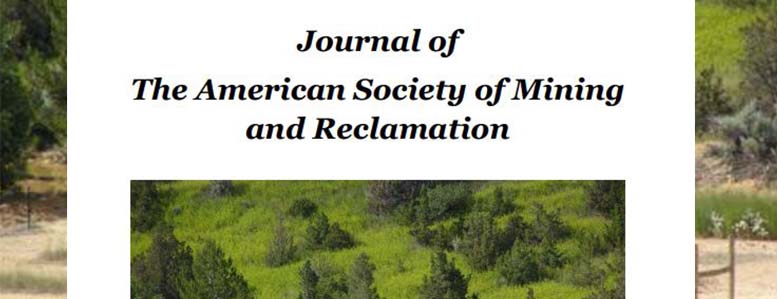Society Timeline

1968
Society began as an Advisory Council based in West Virginia
Several foresighted individuals in the late 1960's recognized the importance that research could play in the development of mining and reclamation practices and policies, and in the mitigation of environmental impacts from mining. An Advisory Council was formed in 1968 which included State and Federal agencies. Bill Plass, Dick Vande Linde and Ben Greene were responsible for establishing the roots of the organization which expanded regionally in 1973. After further geographical expansion, the name was changed to American Council for Reclamation Research in 1978.

1982
Society evolved into the American Society for Surface Mining and Reclamation (ASSMR)
As interest in reclamation grew nationally after the passage of the Federal Surface Mining Control and Reclamation Act (SMCRA) in 1977, the organization became national in scope and again changed its name to the American Society for Surface Mining & Reclamation (ASSMR) in 1982.

1984
Bill Plass becomes the first Executive Secretary
Bill Plass of USDA Forest Service became the first executive secretary of the society in 1984; which also was the same year the first membership meeting was held in Owensboro, Kentucky. Mr. Plass served in this capacity over the founding years of the organization (1984-1998). He authored numerous reclamation articles and devoted his life to conducting reclamation research. The society’s highest award, The Plass Award, is named after him.

1999
Dr. Richard I. Barnhisel became the second Executive Secretary
Dr. Richard (Dick) Barnhisel, Professor of Agronomy and Geology at the University of Kentucky, served as the second executive secretary of the society (1999-2012). He specialized in reclamation of prime land disturbed by coal mining and published over 50 articles on reclamation. Dr. Barnhisel established the Richard I. and Lela M. Barnhisel Reclamation Researcher of the Year Award to recognize exemplary individuals involved in reclamation research.

2001
Adopted the name of the American Society of Mining and Reclamation (ASMR)
The name was changed to better reflect the broadening area of applications and interests of its membership. The initial impetus for the society was the need to respond both to the then extensive impact of current and historic surface mining for coal, and especially to SMCRA, the Surface Mining and Control and Reclamation Act, passed in 1977.

2004
First issue of Reclamation Matters was published
The first issue of our popular magazine, Reclamation Matters, was published in the Spring of 2004. Published bi-annually, it is a full-color magazine with informative articles that are less technical in nature and portray a popularized view of all things reclamation-related.

2012
First issue of the Journal of The American Society of Mining and Reclamation (JASMR) was created
Early on, the society published the proceedings from the national meetings which included all the related presentations. In 2012, the Journal of the American Society of Reclamation (JASMR) began as a replacement for the proceedings. In 2022, our professional/technical Journal will be called Reclamation Sciences, published digitally.

2013
Robert Darmody became our third Executive Secretary
Dr. Robert Darmody, Emeritus Professor of Pedology at the University of Illinois, became our Executive Director in 2013. He chose environmental sciences as an undergraduate because he wanted to help the world be a better place. His research interests range from pedology to arctic and alpine soils and landscapes to environmental and agricultural impacts of mining. Dr. Darmody has been involved in various professional societies and has received honors from the American Society of Agronomy, Soil Science of America, and ASRS.

2020
Adopted the name of the American Society of Reclamation Sciences (ASRS)
The Society's name was changed once again in 2020 to the American Society of Reclamation Sciences (ASRS) to better recognize its expanding interests in reclamation/restoration of all anthropogenically disturbed lands and waters. Over the years, as surface mining has diminished in its impacts, the expertise that ASRS members possess and promulgated found applications beyond mining.
